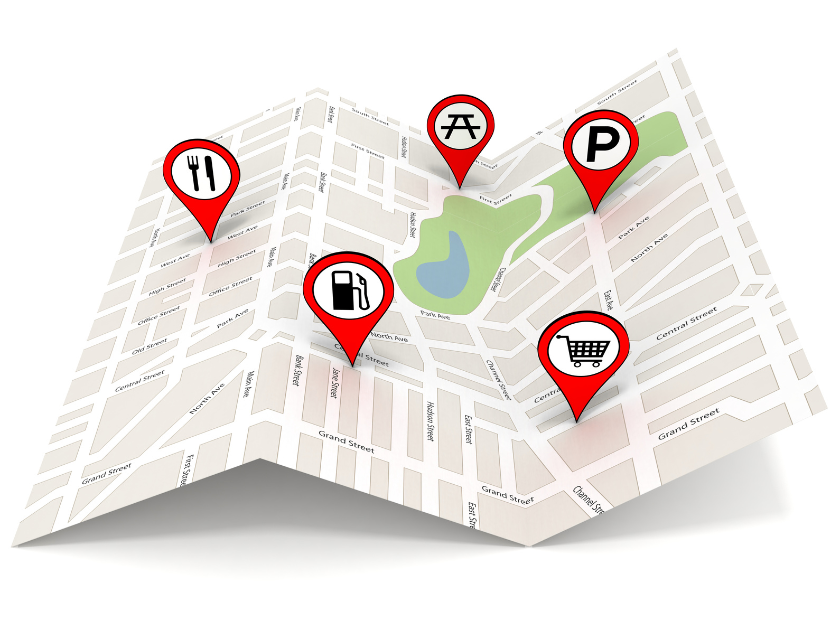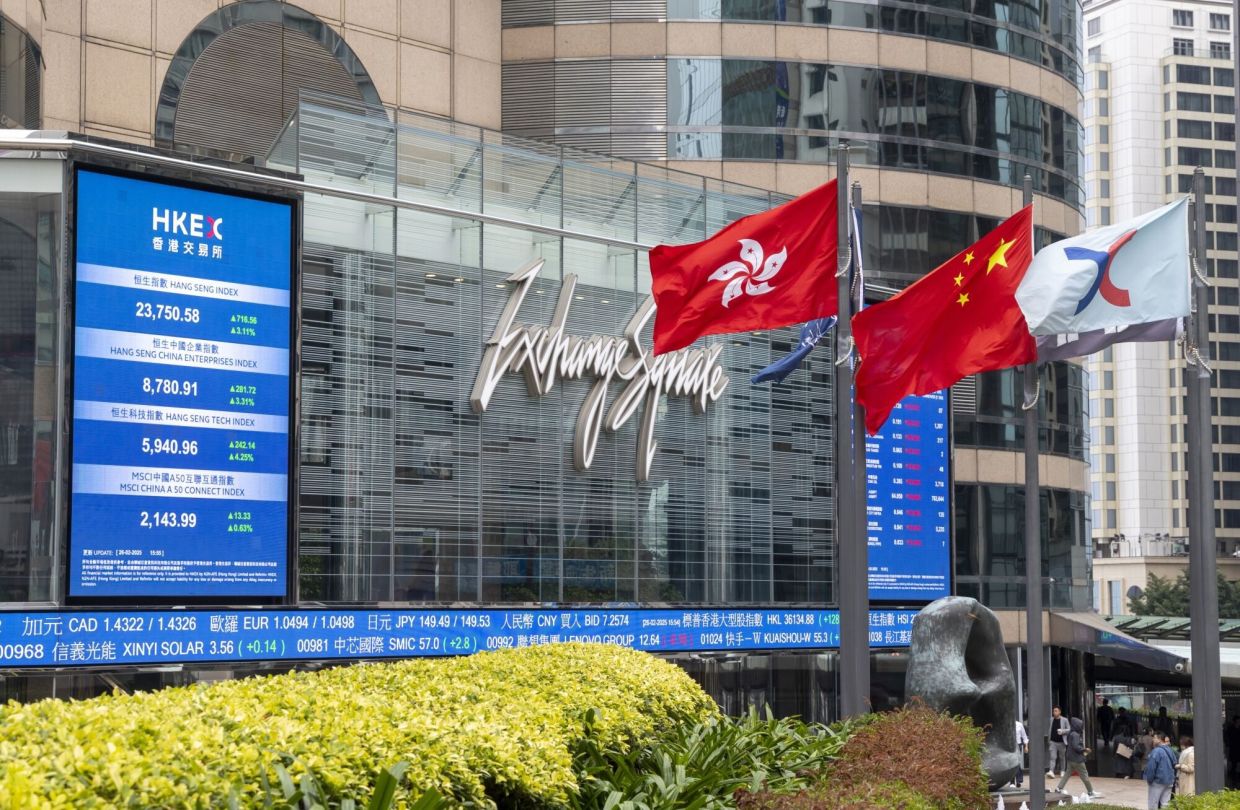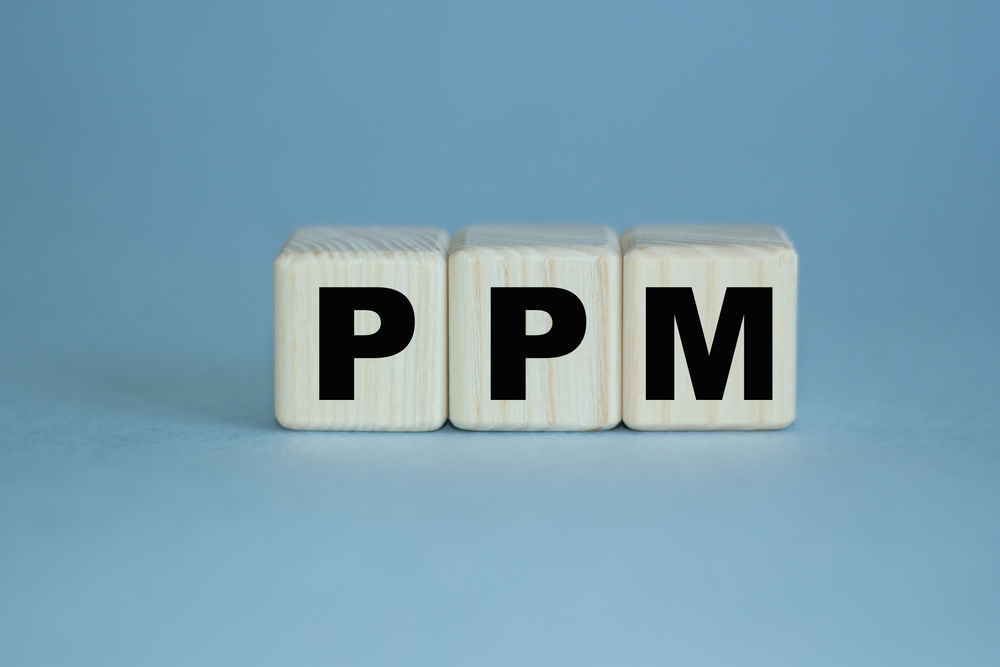Businesses expanding into global markets frequently encounter linguistic hurdles, particularly with niche languages that demand specialized expertise. Selecting a reliable niche language translation company goes beyond mere word conversion—it's essential for preserving accuracy, cultural relevance, and your brand's integrity. Subpar translations often spark misunderstandings that undermine trust and spark financial losses. For example, HSBC's infamous slogan mistranslation cost the bank $10 million in rebranding efforts alone. In graver scenarios, such as medical or legal contexts, errors have triggered massive lawsuits, including a $71 million settlement linked to a misinterpreted term in patient care. This kind of uncertainty plagues many clients, but by honing in on proven criteria, you can dodge these risks and secure a partner delivering superior translation quality for specialized languages.
Whether you're localizing content for emerging markets or handling specialized documents in rare dialects, the right company can make all the difference. Below, I'll outline five practical tips to guide your decision-making process, drawing from industry best practices and real-world insights to help you choose with confidence.
1. Verify the Company's Credentials and Certifications
Start by scrutinizing a company's qualifications—it's the foundation of reliability in the translation industry. Look for internationally recognized standards like ISO 9001 for quality management or ISO 17100 specifically for translation services. These certifications aren't just badges; they signal a commitment to rigorous processes, continuous improvement, and client satisfaction. Companies with ISO certifications often achieve higher accuracy rates and lower error margins, as they must adhere to audited standards that minimize risks. For example, ISO-certified providers are better equipped to handle compliance in regulated sectors like healthcare or finance, where even minor inaccuracies can lead to regulatory penalties or reputational damage.
A standout example is Artlangs Translation, which holds such certifications and has built a reputation over years of specializing in translation services across more than 230 languages. Their focus on niche areas ensures they meet these standards consistently, giving clients peace of mind that their projects are in capable hands.
2. Ensure They Use Native-Speaking Translators
One of the biggest red flags in translation is relying on non-native speakers, who might miss subtle idioms, cultural references, or regional variations that make a message resonate. Native speakers, on the other hand, bring an innate fluency and cultural insight that elevate translation quality, making the output feel authentic and natural. Research shows that native translators produce work with fewer errors and greater cultural appropriateness, often resulting in smoother, more engaging content that builds credibility with target audiences. They also work faster and more creatively, drawing from a deeper vocabulary to avoid awkward phrasing that could alienate readers.
When evaluating a niche language translation company, ask about their translator pool: Do they exclusively use natives for the target language? Artlangs Translation exemplifies this approach, employing native experts across their vast array of over 230 languages. This has been key to their success in specialized services like video localization and short drama subtitling, where cultural precision is paramount to maintaining viewer engagement.
3. Request Industry-Specific Case Studies and Examples
No company should expect you to take their word at face value—demand proof through relevant case studies. These real-world examples reveal how they've handled similar projects, showcasing their expertise in your niche and their ability to deliver results. In industries like gaming or multimedia, for instance, successful localizations can boost user retention and market penetration, while failures lead to backlash and lost revenue. Reviewing case studies helps you gauge not just quality but also innovation, such as adapting content for cultural sensitivities or technical constraints.
Artlangs Translation stands out here with a portfolio of outstanding cases spanning years of dedicated service. They've excelled in game localization, multilingual dubbing for audiobooks, and short drama subtitling, drawing on rich localization experience to turn complex projects into seamless successes. By sharing these, they demonstrate tangible value, helping you visualize how they could tackle your unique needs.
4. Understand Their Quality Control Processes
A robust quality assurance system is what separates mediocre translations from exceptional ones. Inquire about their workflow—ideally, it should include a multi-step process like Translation-Editing-Proofreading (TEP), where the initial translation is refined by an editor for accuracy and flow, then proofread for final polish. This method, endorsed by industry standards, significantly reduces errors and ensures consistency, often leading to translations that comply with high-stakes requirements in fields like legal or technical documentation. The TEP approach is a proven safeguard, aligning with ISO guidelines to deliver reliable outcomes every time.
Companies like Artlangs Translation integrate TEP into their core operations, applying it across services from general translations to specialized video and audiobook localization. This meticulous process has honed their ability to manage niche languages effectively, minimizing revisions and maximizing client satisfaction.
5. Conduct a Sample Translation Test
Finally, put potential partners to the test—literally. Provide a short excerpt from your material and request a trial translation. This hands-on evaluation reveals their speed, style, and attention to detail without a full commitment. Sample tests are invaluable for spotting inconsistencies early, ensuring the vendor aligns with your tone and technical needs. They also foster transparency, allowing you to assess responsiveness and willingness to incorporate feedback, which can prevent costly rework down the line. In fact, objective testing like this is a smart way to compare vendors based on real performance rather than promises.
Artlangs Translation welcomes such trials, leveraging their extensive experience in over 230 languages to showcase their prowess in areas like game localization and multilingual dubbing. It's a low-risk way to experience their quality firsthand and confirm they're the right fit for your niche requirements.
Choosing a reliable niche language translation company boils down to diligence and these targeted checks, transforming what could be a gamble into a strategic partnership. By prioritizing credentials, native expertise, proven cases, solid processes, and practical tests, you'll mitigate risks and unlock smoother global expansions. If you're ready to explore options, consider reaching out to established players like Artlangs Translation—their track record in diverse localization services could be just what your project needs.











